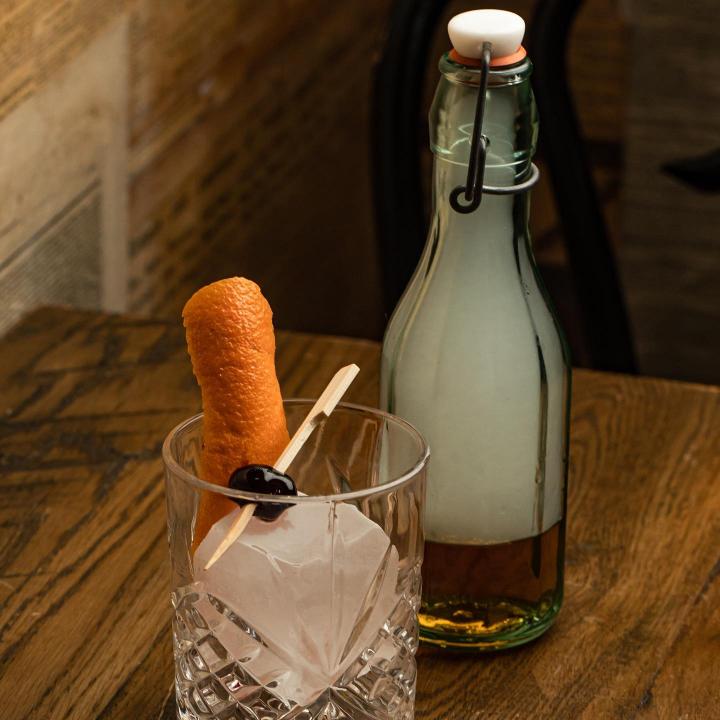In bygone times of night life, bars and night clubs gave melodic amusement to a rich fan following of individuals. Numerous well known performers, artists and expert artists started their professions in clubs and bars where they had agreements to sing and engage end of the week swarms.
'Dueling' is the name given to a well known organization of stage amusement, with two thousand piano instruments or organs, played by proficient players who typically proceeded as artist performer pair, blending and collaborating with the crowd. Tunes were played on demand; the majority of them were of the rock 'n' roll, exemplary stone sorts or the delicate heartfelt songs. These instruments were adjusted to have redone sound frameworks. The most seasoned type of dueling amusement is as yet appreciated in New Orleans, which is the home of Jazz, at Pat O'Brien's Bar.
The advanced adaptation of midtown cocktails diversion was made at a well known melodic bar in Dallas in the last part of the 1980s.
Early history of Dueling
Dueling presumably began in the eighteenth century when "melodic duels" were battled among jazz piano players competing to see which of the two was a superior and quicker player. At the point when it initially started in 1933, the proprietors of Pat O'Brien's Bar, B H O'Brien and Charlie Cantrell put away a room with copper-bested child grands where two players would engage the groups. Tune demands from the crowd were sent over to the stage, wrote on mixed drink napkins and the players would alternate to sing the tunes. The most famous solicitations were for down home music and exemplary stone. In any event, during the early World War years, these bars were extremely famous and gotten extraordinary support.

History re-made
While trying to reproduce the first bar style, the Alley Cats opened in Dallas in 1986, expecting to reclassify dueling diversion by including contemporary wild works of art which were combined with chime in verse replacements for famous melodies where the crowd could likewise take part. The earliest occasions of standup parody are likewise referenced here.
Comic schedules that elaborate crowd interest turned out to be very famous as one player would instruct 'communication through signing' to the crowd to go with the other while he sang well known numbers like 'My bonnie lies over the sea' or 'Old Macdonald had a homestead'. Indeed, even well known heartfelt two part harmonies were remembered for these meetings.
These 'funny pieces' before long became ordinary at many dueling piano show amusement meetings throughout the long term, reproducing famous crowd diversion as a staple component across many clubs over the course of the years to follow. The idea of 'duel' additionally developed into 'chime in' since the expectation was not to search out one another in contest but rather to give unadulterated diversion.
A current Dueling Show
An average show includes groups of two to four players, managing the evening, singing to crowd demands. Typically tips are normal when a solicitation is produced using the crowd, and need given to a bigger division tip. These days, tune offers are made for well known school hymns or signature tunes from understudies and graduated class of schools and colleges who are praising an event at a bar.
Social and individual events like an unhitched male or lone rangeress party, a commemoration, a birthday or any event to celebrate with companions is rung in, in this design. "Refer to downs as" which are satires of renowned tunes or scenes are reproduced welcoming a member or members from the crowd, and they are liable to cheerful exchange and 'pulling the leg' as is generally known among friends of an age. Such nights are known to unite lifelong companions and associates from adolescence, school days or working environments where occurrences and recollections are traded.